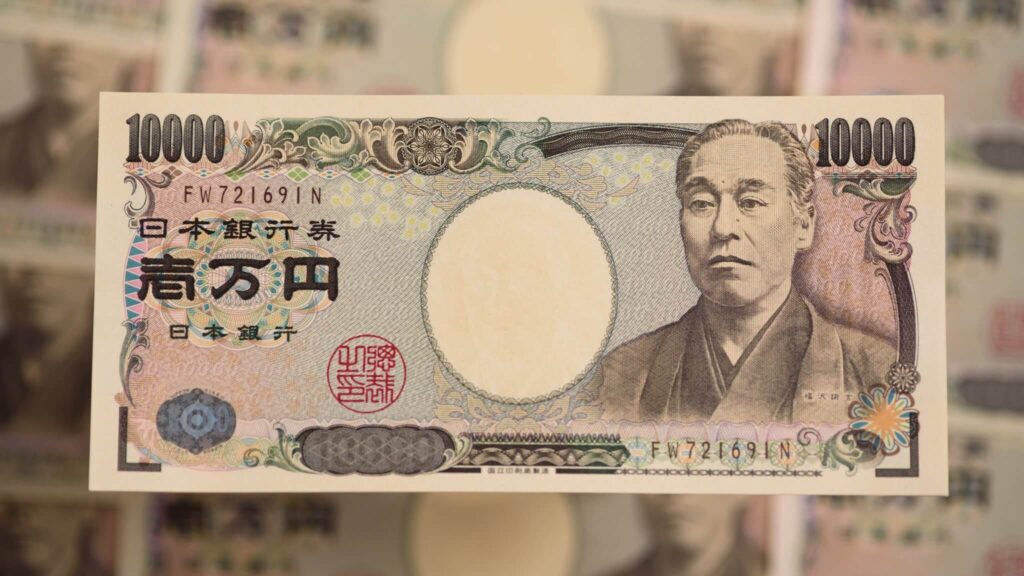Kavan Choksi Japan- An Overview of The Salient Factors Of The Japanese Yen In The Foreign Exchange Market

Kavan Choksi Japan- An Overview of The Salient Factors Of The Japanese Yen In The Foreign Exchange Market
The Bank of Japan (BoJ) has its headquarters in the business district of Nihonbashi in Tokyo, and it is the Central Bank responsible for the Yen and treasury securities. It is a significant body that implements monetary policy, maintains the stability of the financial system in Japan, and provides settlement and clearing services. Like most countries’ central banks, it also compiles economic data and aggregates it for producing economic analysis and research.
Kavan Choksi Japan- The Japanese Yen currency and the Bank of Japan
Kavan Choksi Japan is an investor, business, and wealth management expert known for his invaluable knowledge of finance and economics. When it comes to the subject of the Bank of Japan, this body is responsible for deciding and implementing the monetary policy in the country to maintain price stability. The Bank needs to manipulate the rate of interest for the Yen currency and financial control by deploying operational instruments like operations in the money market.
Japan’s monetary policy is determined by the Policy Board at Monetary Policy Meetings, where the Board discusses the financial and economic situation of Japan, sets the guidelines for operations in the money market, and maintains the stance of the Bank for its monetary policy targeted towards the immediate future.
The Japanese Yen in forex trading
While the Bank of Japan has maintained low rates of interest since the nation’s property bubble collapse, it has been actively involved in currency intervention where the Yen is sold to keep Japan’s exports more competitive. The above intervention has political consequences, and so the Bank is hesitant to intervene much in the forex trading markets.
The trade balance of Japan also has impacted the policy of the Bank of Japan and the rates in the foreign exchange market. In the past, Japan has enormous trade surpluses. However, an aging population and a significant public debt also co-exist in the nation today. When it comes to public debt, a significant portion of it is held domestically, so the population in the country is willing to accept low rates of interest and returns.
Japan’s debt balance
Though Japan has high levels of debt, traders are now comfortable with its debt balance. They often align this high level of debt with the positive trade surplus. Another plus point here is that the devaluation of the US dollar and the Japanese Yen’s safe haven status have led to the currency becoming very strong that it threatens the attractive trade surpluses in the market today. One can notice this trend as, in the last decade, the nation has run into large amounts of deficits.
However, Kavan Choksi Japan states that Japan is also a very advanced economy with a workforce that is well educated. Though key industries like shipbuilding have migrated into nations like China and South Korea, Japan still is a market leader in consumer electronics, technological components, and automobiles. All of the above have left Japan with substantial exposure to the global economy successfully.







